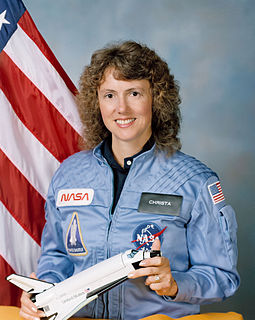A Quote by Neil deGrasse Tyson
Private enterprise can never lead a space frontier. It's not possible because a space frontier is expensive, it has unknown risks and it has unquantified risks.
Related Quotes
If you're going to lead a space frontier, it has to be government; it'll never be private enterprise. Because the space frontier is dangerous, and it's expensive, and it has unquantified risks. And under those conditions, you cannot establish a capital-market evaluation of that enterprise. You can't get investors.
































